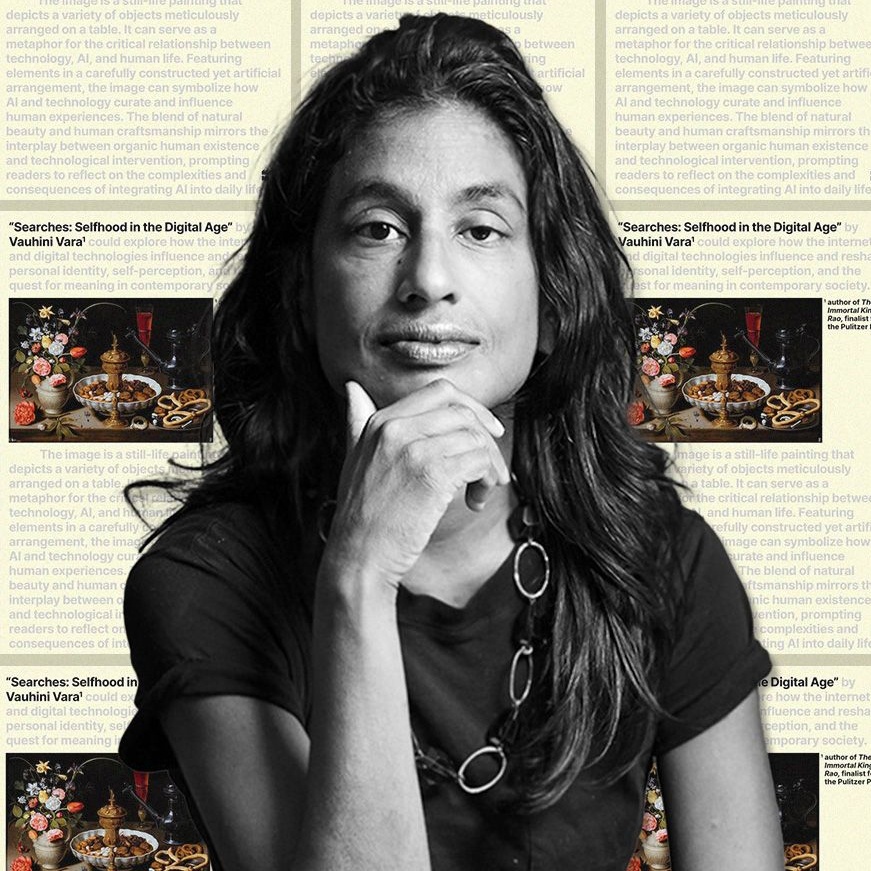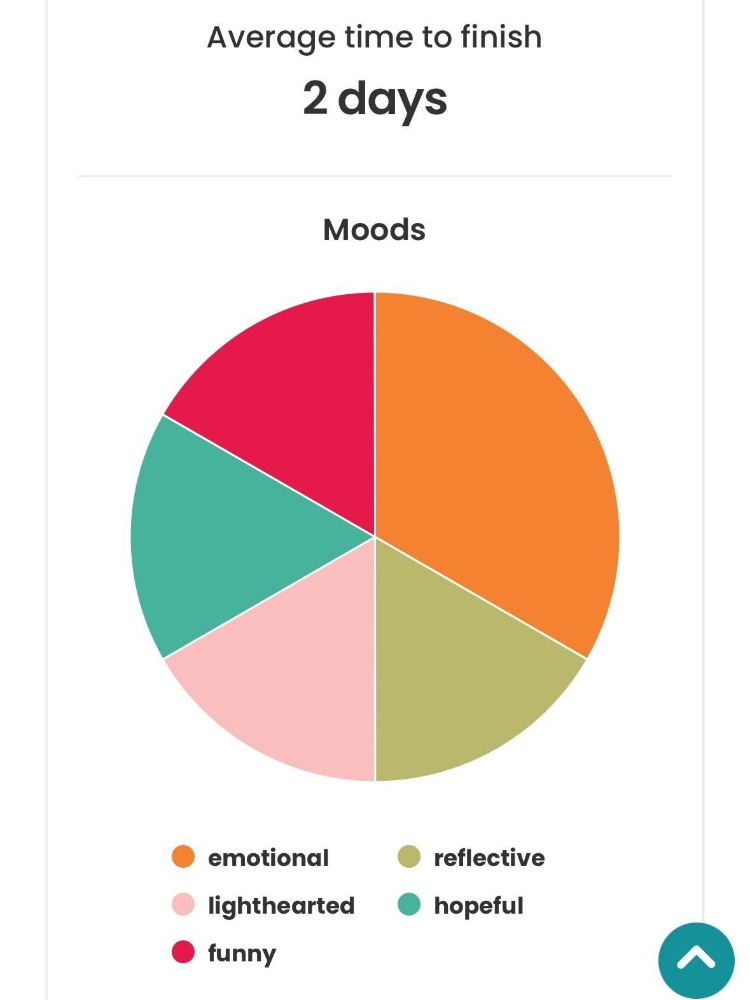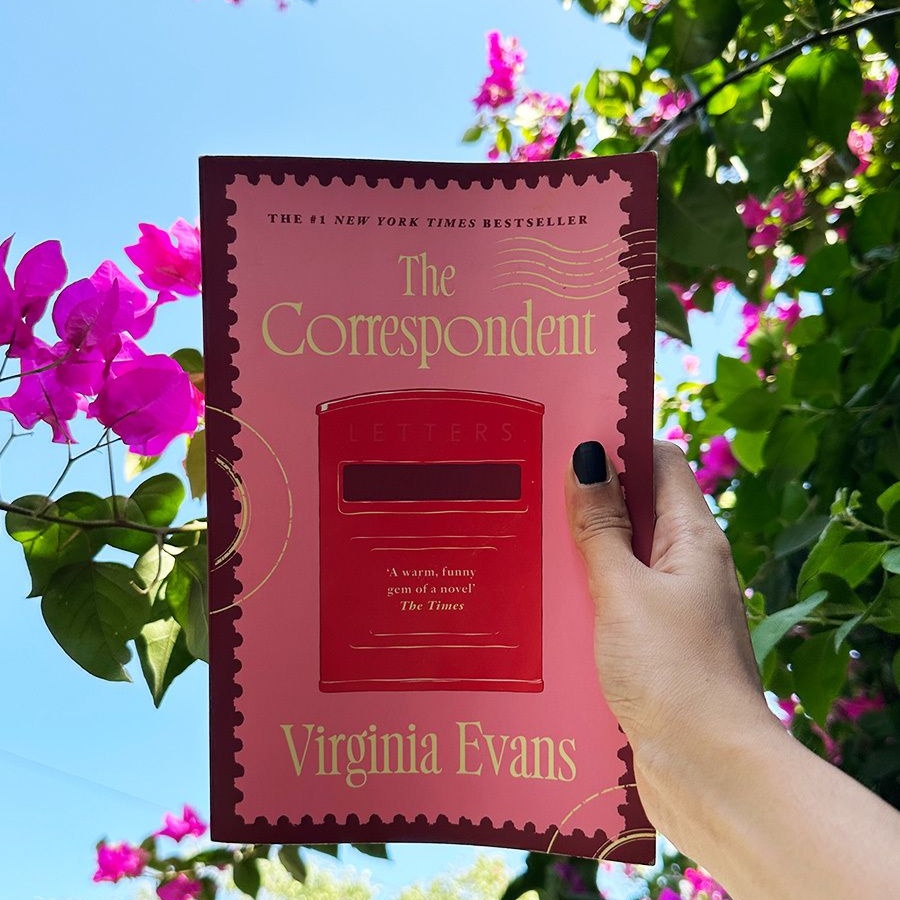By the time Nadia Odunayo launched StoryGraph in 2020, book lovers had already been hankering for a change. Gen Z was already an adult, and with this shift, the generation born with uninterrupted wi-fi was redefining online behaviours. They were done with swiping culture, and were gravitating towards more emotionally resonant online spaces, such as book clubs, in search of friendship. In fact, an NY Post story captured how Gen Z preferred to meet a romantic partner via a reading community versus on a dating app.
This turn towards literature as a common ground for intimacy and connection echoes in digital spaces as well, with people migrating towards book-logging and tracking apps like StoryGraph that provide an intuitive, privacy-first experience to their users. “When I was developing StoryGraph,” says Odunayo, the British-Nigerian founder of the app, “everyone was talking about how burnt out they were from Instagram, and I knew that I didn’t want to build the kind of app that people get burnt out on.”
It wasn’t just Instagram that was burning people out. Goodreads, the Goliath among book-tracking and reviewing platforms, was creaking under its own weight, offering users little more than a dated experience. Despite its eventual acquisition by Amazon in 2013, the platform remained oddly impervious to user feedback and continued to be riddled with a lack of moderation—to disastrous effect.
It all came tumbling down in 2023, when fantasy author Cait Corrain was caught using a fake Goodreads account to review-bomb debut authors of colour by leaving one-star reviews for their books while boosting her own novel. The fallout was swift for Corrain, who lost her publishing deal, but the damage to Goodreads’ reputation was arguably worse. “Goodreads can be harsh and a bit of a ‘mean girl’ platform,” writes Reddit user RachWarbuton about the platform where many authors from marginalised communities have been targets of review-bombing campaigns.
Enter StoryGraph, which started off as a Goodreads companion that allowed users to track specific reading lists on what Odunayo describes as “a pretty dashboard”, and has now evolved into a reading platform that could serve as a true alternative to Goodreads.
Odunayo, who studied Politics, Philosophy and Economics at Oxford University, turned down an offer to work at Deutsche Bank after winning a women’s coding bootcamp. This led her into tech, where she was often one of the few women of colour in the room. A Goodreads user since 2012, Odunayo soft-launched StoryGraph in 2019, later bringing on board her co-founder Rob Frelow, who is now the company’s chief AI officer, responsible for its software infrastructure and superb recommendations engine.
Today, StoryGraph has racked up 4 million users, and it’s easy to see why—the platform functions as a soothing reprieve from the chaos of the Goodreads trenches. Its slick, minimalist interface is a calming alternative from its competition’s clunky aesthetic, and its nuanced genre tags, content warnings, and mood filters make the rigid one-to-five-star rating system feel redundant. Didn’t love the book but it wasn’t terrible? Give it 2.75. Absolutely adored the novel but didn’t feel the ending? Maybe 4.75 is a more honest review than a complete 5/5. Readers can also sort their libraries by mood (“reflective,” “tense,” “hopeful”), pacing, and character-versus-plot focus. Did the book make you cry? You can log it here.









